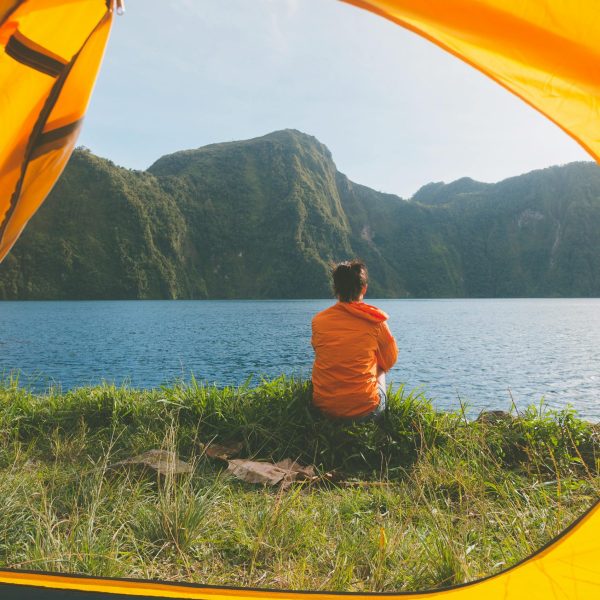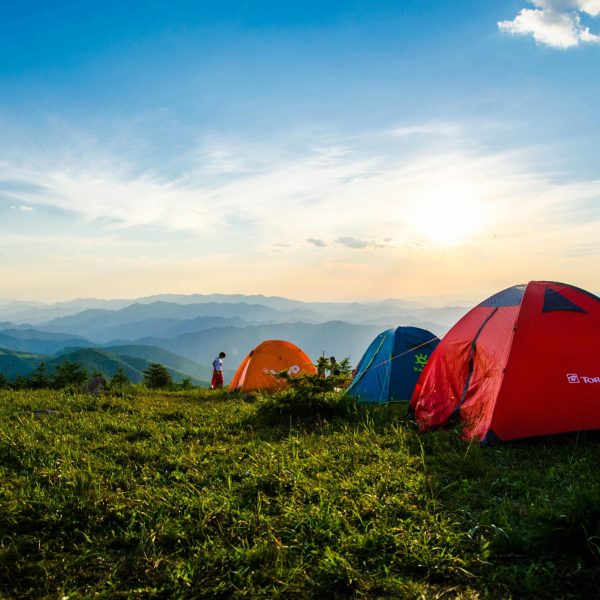Bring Your Own Food and Cook Creatively
Food is another major camping expense, especially if you rely on pre-packaged meals or convenience items. Preparing your meals at home and bringing them with you can save a significant amount of money.

Camping is a favorite pastime for many, offering a way to disconnect from the hustle and bustle of daily life and reconnect with nature.
Before embarking on any camping adventure, planning is key. This doesn’t mean you need to make a detailed itinerary but having a clear idea of your camping goals, budget, and needs can save you time and money.
Camping gear can be expensive, but it doesn’t have to be. Consider borrowing or renting gear if you’re new to camping. Many outdoor stores rent tents, sleeping bags, and other essentials at a fraction of the cost of buying them.
In the United States and many other countries, public lands are managed by government agencies and often have designated areas for camping. The Bureau of Land Management (BLM) and the U.S. Forest Service (USFS) are great resources for finding free or low-cost camping areas.


Gasoline and firewood are often overlooked expenses in camping. Try to carpool if possible, or consider using a more fuel-efficient vehicle if you have the option. Some parks prohibit gathering wood to prevent habitat destruction, so plan ahead and buy affordable firewood locally.
